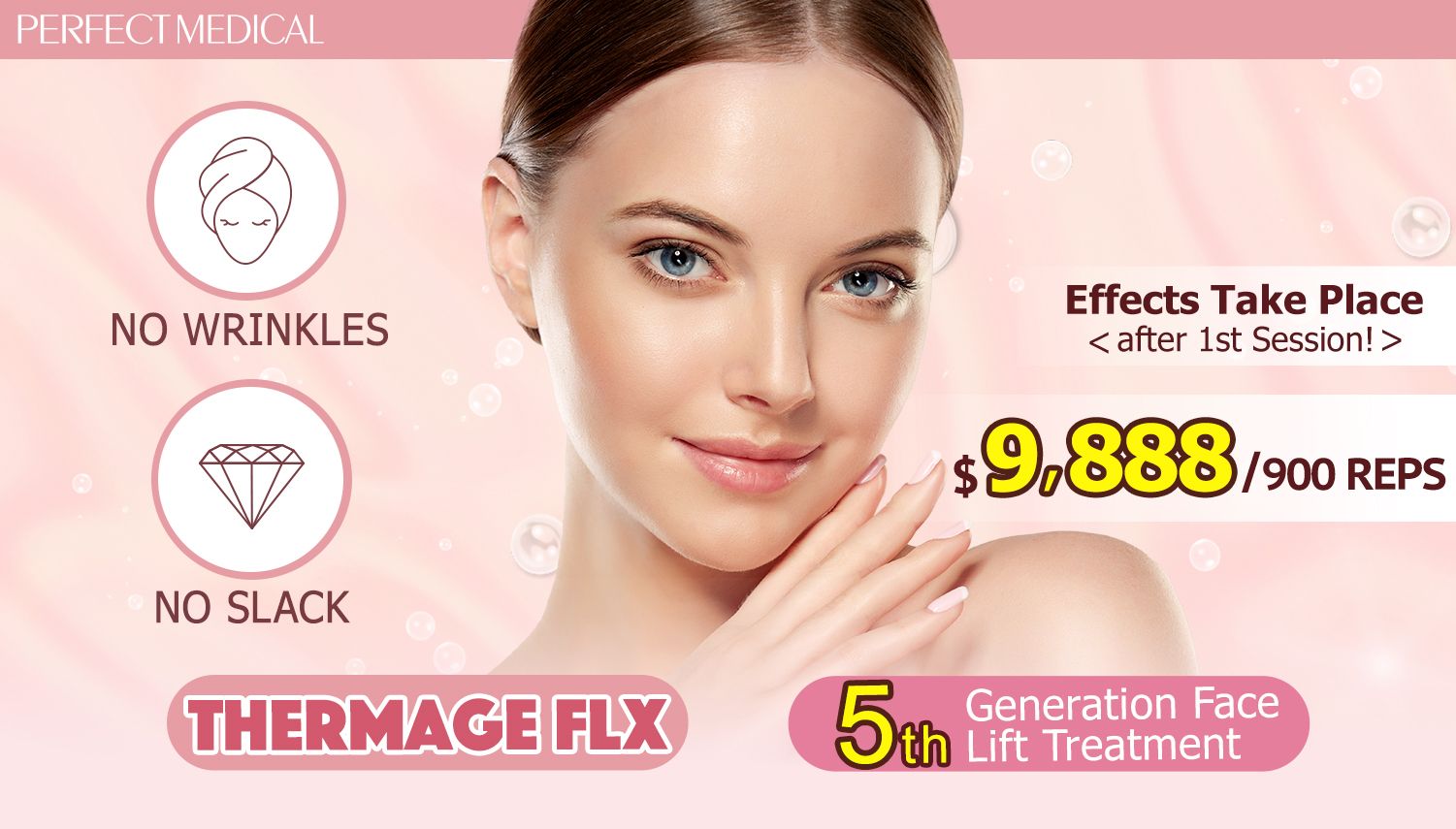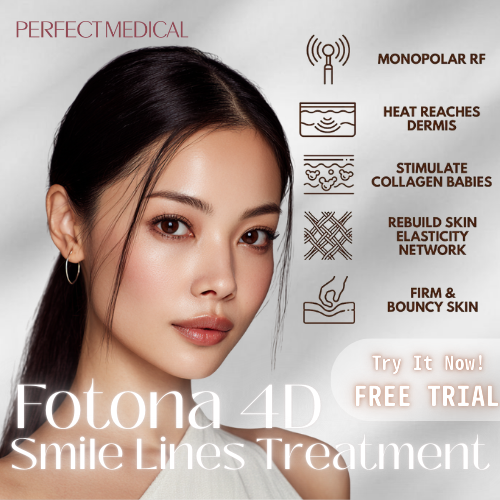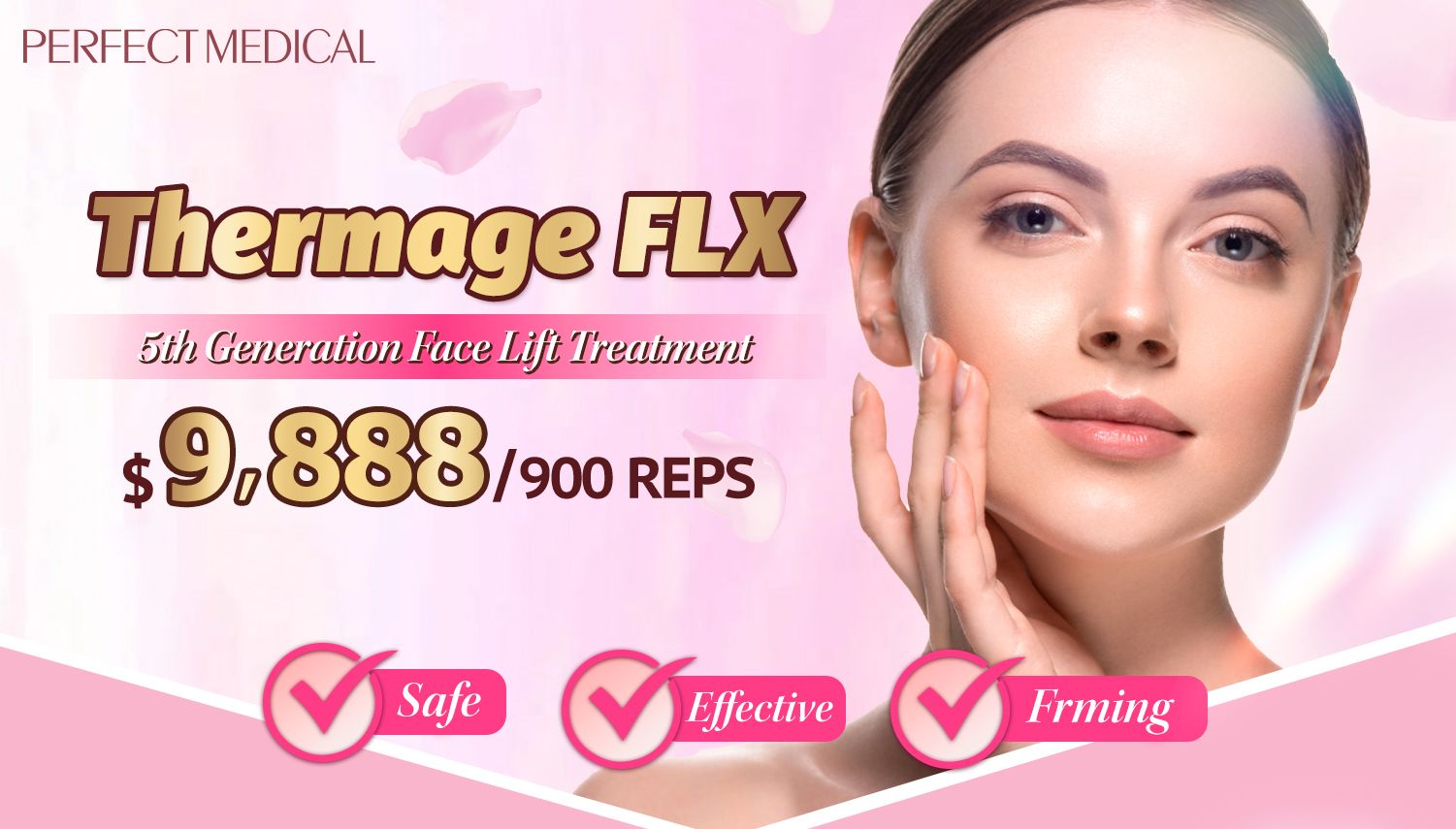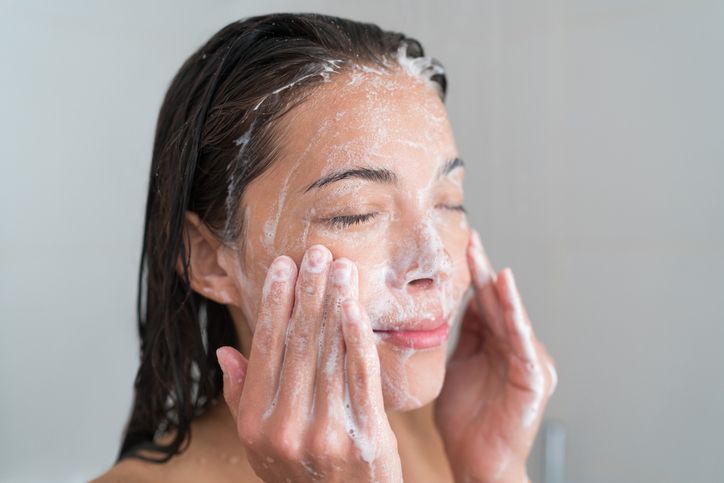
- Home
- Trend
- Weight Loss Strategies
- Acne Tips
- Hair Health Information
- Blemish Removal Tips
- Acne Scar Removal Tips
- Muscle Building Techniques
- Intimate Care Tips
- Postpartum Intimate Care
- Eye Bags Wiki
- Tips for Face Slimming
- Secret of Permanent Hair Removal
- Breast Enlargement Tips
- Cure to Snoring
- Marionette Lines
- Skin-Tightening Secrets

免費體驗
Thermage FLX 5th Generation Face Lift Treatment
1 Minute Self-Registration
Date should not be before minimal date
Enlarged pores can leave your skin feeling uneven and textured. This piece of content will empower you to take action! We'll explore the science behind pore size and equip you with tailored solutions specifically for your skin type. By understanding the contributing factors and employing effective strategies, you can achieve a visibly smoother, more radiant complexion.
1
Why Do Your Pores Get Enlarged?

Excess Sebum Production
Dead Skin Cells and Clogging
Genetics
Ageing and Collagen Loss
Sun Damage
Lifestyle and Habits

2
What Will Happen to Your Skin Health If You Leave Enlarged Pores Untreated?

1. Increased Clogging and Breakouts
2. More Noticeable Pores
3. Skin Texture Changes
4. Increased Oiliness
5. Potential for Inflammation and Infections
6. Compromised Skin Barrier
- 10 Signs of Ageing on Our Face, And What Can You Do To Tackle It
- An Overview At Skin Tightening Treatments: What They Do & Whether They Work
- How to Choose the Right B5 Serum? Learn About Vitamin B5's 6 Major Skin Benefits + Best Popular Products!
- Who Gets Premature Ageing Easily? See If You Checked The Boxes
3
3 All-Rounded Tips for All Skin Types To Deal With Pores

1. Sun Protection Made Simple
2. Exfoliation: Keep It Smooth
3. The Right Treatment for Pores and Aging Skin

4
Want More? Tailored Strategies for Different Skin Types

For Oily Skin
For Dry Skin
For Combination Skin

免費體驗
Thermage FLX 5th Generation Face Lift Treatment
1 Minute Self-Registration
Date should not be before minimal date
5
Treat Acne & Unclog Pores Are Important, But Don't Do These 5 Things!

1. Over-Cleansing or Using Harsh Cleansers
2. Picking or Squeezing Pores
3. Using Comedogenic Makeup and Skincare Products
4. Over-Exfoliating
5. Ignoring Moisturiser
6. Heavy Makeup Usage

6
Last Few Words


免費體驗
Thermage FLX 5th Generation Face Lift Treatment
1 Minute Self-Registration
Date should not be before minimal date
FAQ

1. Can radiofrequency energy help with open pores?
Yes, radiofrequency energy can be beneficial for open pores. It works by delivering heat to the deeper layers of the skin, stimulating collagen production. This increased collagen can tighten the skin and reduce the appearance of open pores by improving skin elasticity.
2. How do beta hydroxy acids (BHAs) affect hair follicles and sebum production?
Beta hydroxy acids, particularly salicylic acid, can penetrate into hair follicles, helping to exfoliate the skin and clear out clogged pores. By doing so, BHAs can reduce sebum production and minimise the occurrence of acne, making them effective for managing oily skin and preventing pores from becoming clogged.
3. Are laser treatments effective for reducing the size of open pores and managing sebum production?
Laser treatments can be effective for reducing the size of open pores and managing sebum production. They work by targeting the skin with intense light, which encourages collagen production and can lead to tighter skin and smaller pore appearance. Some laser treatments can also directly target sebaceous glands to reduce sebum production, helping to prevent acne and improve skin texture.
4. Does sun exposure have an impact on skin conditions related to hair follicles and open pores?
Sun exposure can exacerbate skin conditions related to hair follicles and open pores. UV rays from the sun can damage the skin, leading to premature ageing, loss of elasticity, and enlarged pores. Additionally, sun exposure can worsen conditions like acne by increasing inflammation and sebum production. Protecting the skin from the sun with broad-spectrum sunscreen and avoiding peak sun hours are essential steps in managing these skin conditions.
5. Can a dry skin condition contribute to causing pores to appear larger, and how can this be addressed?
Dry skin can make pores appear larger because lack of moisture can lead to a buildup of dead skin cells, which can accentuate the appearance of pores. To address this, it's important to maintain a balanced skincare routine that includes hydration and gentle exfoliation. Using products that contain hyaluronic acid can help hydrate the skin, while beta hydroxy acids can gently exfoliate and clear pores, improving skin texture and reducing the appearance of pores.








